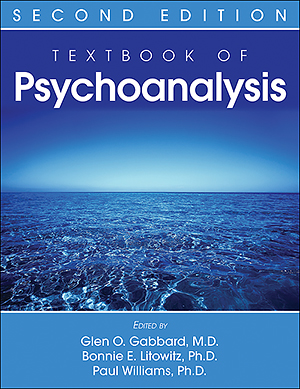Sections
Excerpt
In a psychoanalytic landscape of unprecedented diversity, there is a handful of fundamental principles that distinguish psychoanalytic theory from all other approaches to the human mind. Even this handful has undergone modification over the history of psychoanalytic thinking and may be differently weighted or configured depending on theoretical school. Contemporary psychoanalytic thinkers agree on the significance of most of the following ideas: the unconscious, the therapeutic power of transference/countertrans-ference, the importance of subjectively experienced meaning, and the role of the past in determining the present. The last-mentioned one is the primary focus of this chapter.
Access content
To read the fulltext, please use one of the options below to sign in or purchase access.- Personal login
- Institutional Login
- Sign in via OpenAthens
- Register for access
-
Please login/register if you wish to pair your device and check access availability.
Not a subscriber?
PsychiatryOnline subscription options offer access to the DSM-5 library, books, journals, CME, and patient resources. This all-in-one virtual library provides psychiatrists and mental health professionals with key resources for diagnosis, treatment, research, and professional development.
Need more help? PsychiatryOnline Customer Service may be reached by emailing [email protected] or by calling 800-368-5777 (in the U.S.) or 703-907-7322 (outside the U.S.).



